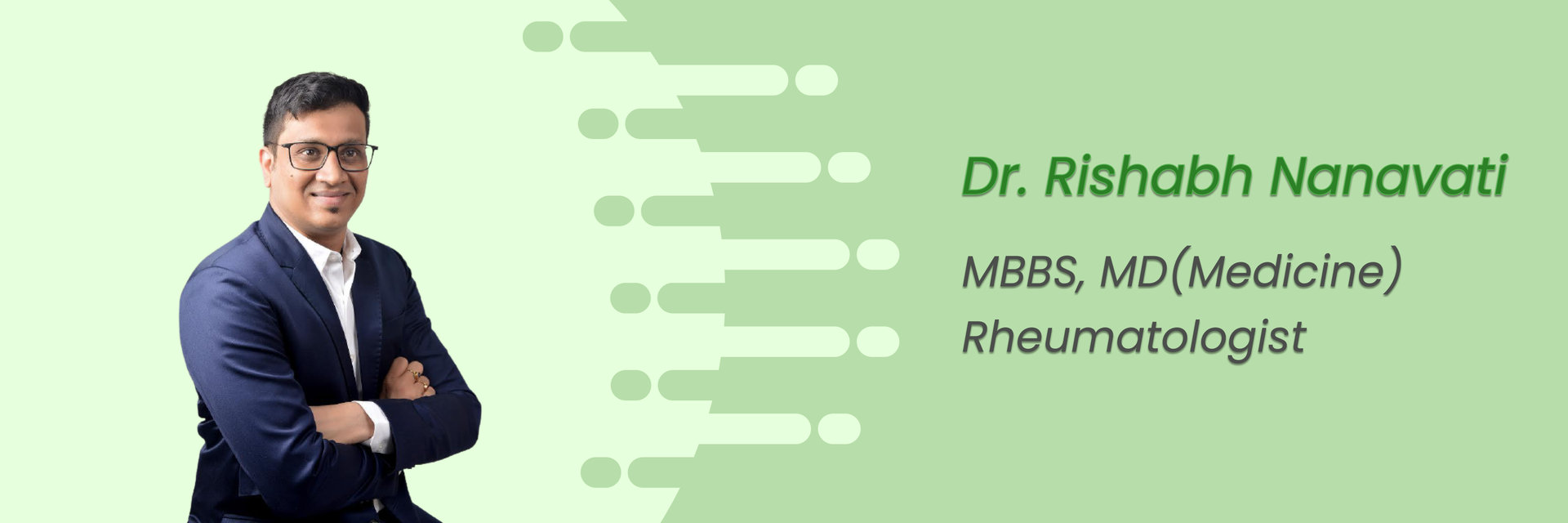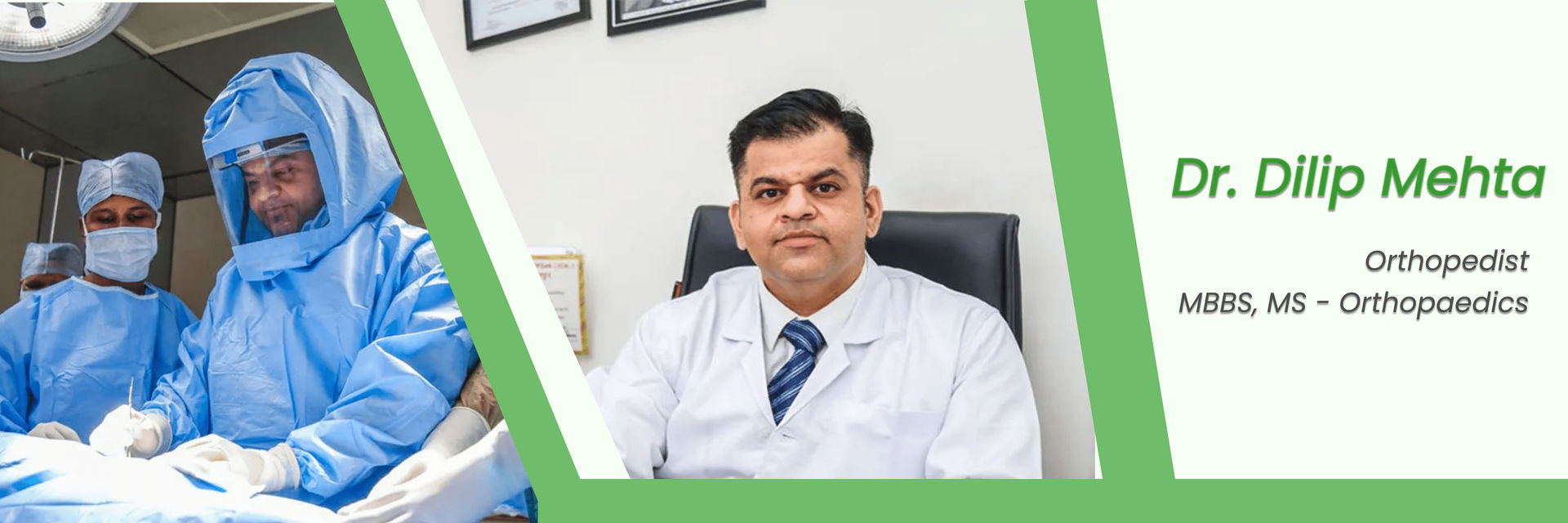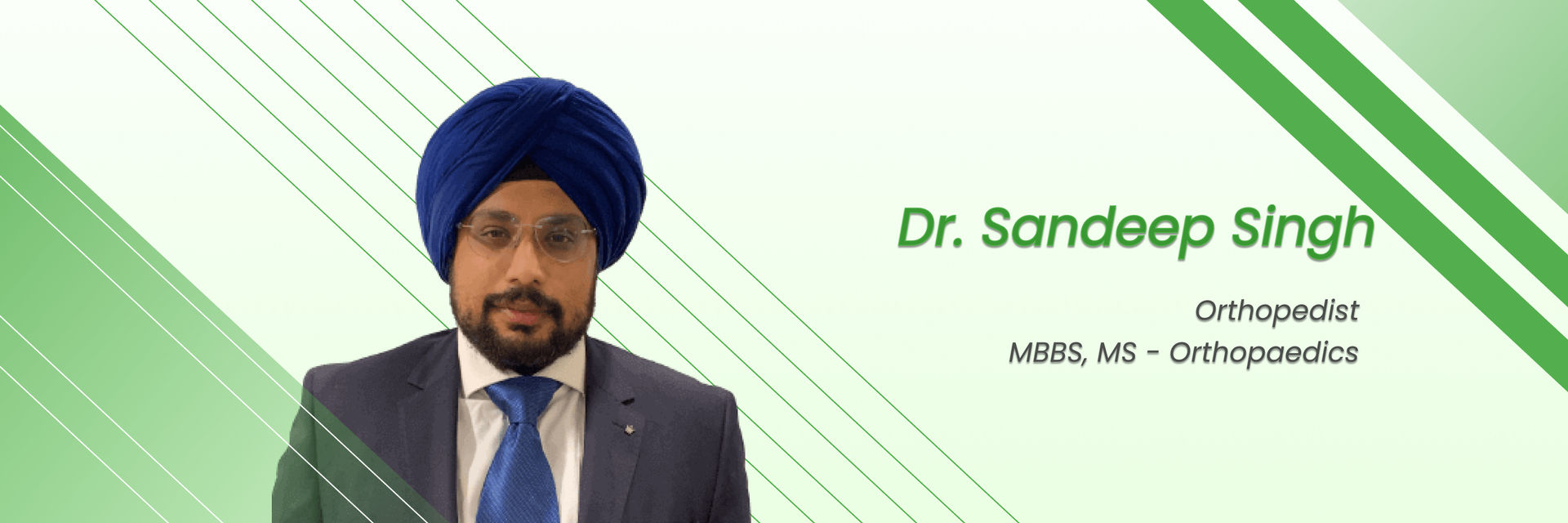Some people might experience constant pain after rotator cuff surgery. We'll look at the reasons, diagnoses, and therapies for treating chronic pain. Daily pain management techniques and the possible impact of psychological variables will also be covered. Finally, we'll talk about ways to reduce the possibility of developing constant pain following rotator cuff surgery.
Your health is too important to ignore – schedule your appointment now.
Let's look at some statistics about rotator cuff surgery:
Let's recognize the frequency of discomfort following surgery.
Is chronic pain common after rotator cuff surgery?
Yes, after rotator cuff surgery, ongoing pain might arise. Even though the procedure is intended to reduce pain and enhance shoulder function. Some patients may continue to feel uncomfortable or in pain during the healing period or even in the long run. After rotator cuff surgery, speaking with a medical expert who can offer individualized guidance and treatment is essential.
According to medical experts at Mercy Medical Center,
“If you have had rotator cuff surgery and are having persistent pain, it is critical that you pay attention to your body and seek medical assistance as soon as specific signs and symptoms appear. While some discomfort and suffering are to be expected during the early phases of recovery, chronic pain that lasts longer than the normal healing timeframe may suggest potential concerns. If you find chronic, worsening pain that interferes with your everyday activities, disrupts your sleep, or limits your range of motion, you should see your orthopedic surgeon or healthcare provider right once. Also, unexpected symptoms such as fever, redness, edema, or discharge from the surgical site may indicate an infection and medical assistance should be sought.”
Let's take a look at the possible causes of extended discomfort.
What are some possible causes of chronic pain after rotator cuff surgery?
After rotator cuff surgery, constant pain may have various possible reasons. The following are some typical causes of ongoing discomfort:
Reasons | Detail |
Surgical Complications | Chronic pain can occasionally be caused by after-surgery issues such as nerve injury, infection, or poor healing. |
Incomplete Healing | Incomplete or delayed rotator cuff repair healing might lead to ongoing discomfort and a restricted range of motion. |
Scar Tissue Formation | An excessive amount of scar tissue that forms around the surgery site may hurt and limit shoulder motion. |
Tendon or Muscle Impingement | The muscles or tendons that were healed may become impinged or squeezed, resulting in persistent discomfort. |
Joint Stiffness or Instability | Joint instability or reduced mobility can result in aberrant mechanics, which can cause pain and discomfort. |
Pre-existing Conditions | Even after a successful operation, pre-existing diseases like arthritis, tendonitis, or bursitis can make discomfort worse. |
Rehabilitation Issues | Chronic pain can be increased by insufficient or incorrect postoperative rehabilitation. such as skipping physical therapy or failing to perform prescribed exercises. |
How is chronic pain after rotator cuff surgery diagnosed?
A combination of a physical examination, diagnostic testing, and an analysis of the patient's medical history is used to diagnose persistent discomfort following rotator cuff surgery.
The following are a few typical phases in the diagnostic procedure:
Medical History:
Your doctor will go over the specifics of your rotator cuff surgery. Your post-operative recovery, and any ongoing issues you may be having. This aids in comprehending the setting and development of your suffering.
Physical examination:
To determine the flexibility, durability, and stability of your shoulder joint, your doctor will do a physical examination. Additionally, they could look for signs of discomfort, edema, or inflammation.
Imaging Tests:
A variety of imaging tests may be prescribed to examine the structure of the shoulder joint. To find possible sources of chronic discomfort.
- Ultrasound,
- magnetic resonance imaging (MRI),
- and X-rays are a few examples of these examinations.
These examinations aid in identifying the rotator cuff, encircling muscles, tendons, and any problems that could be causing the discomfort.
Electromyography (EMG):
An EMG may be performed in specific circumstances to assess the electrical activity and function of the muscles and nerves around the shoulder.
Diagnostic Injections:
In some circumstances, your doctor could tell diagnostic injections. Such as a corticosteroid or local anesthetic, to assist in identifying the cause of your discomfort. If the injection only relieves the pain, it is likely that the injected location is where the discomfort is coming from.
Your doctor will work with you to design an appropriate treatment plan to manage and relieve your chronic pain following rotator cuff surgery based on the results of these diagnostic procedures.
Want to figure out how to manage and reduce chronic pain? Read more.
What treatment options are available for chronic pain after rotator cuff surgery?
Depending on the underlying reason and intensity of the pain. There are many therapy options for persistent pain following rotator cuff surgery. Here are some typical strategies that healthcare professionals may take into account:
Treatment Options | Description |
Physical Therapy | Structured program to enhance shoulder strength, flexibility, and range of motion using exercises and modalities. |
Medications | NSAIDs, sometimes known as analgesics, are used to treat inflammation and control pain. |
Rehabilitation Exercises | Exercises specifically designed to strengthen the rotator cuff and surrounding muscles will increase stability, lessen discomfort, and improve function. |
Modalities and Therapies | Additional treatments help lessen pain and inflammation, such as heat/cold therapy, ultrasound, electrical stimulation, or laser therapy. |
Manual Therapy | The techniques to treat joint stiffness, muscular tightness, and scar tissue, such as soft tissue mobilization, massage therapy, and joint mobilization. |
Surgical Intervention | If complications, structural problems, or insufficient healing are the cause of chronic discomfort, revision surgery should only be considered as a last resort. |
Lifestyle Modifications | Changes made to everyday routines, ergonomic upgrades, and exercise or sports approaches to reduce discomfort and enhance shoulder function. |
Want to know strategies for effectively managing pain after surgery? Read on to find out.
How can you manage chronic pain after rotator cuff surgery on a day-to-day basis?
After rotator cuff surgery, managing persistent pain requires a thorough strategy-combining approach. Here are some practical day-to-day management strategies to consider:
Painkillers:
Use the painkillers given to you. advised by your doctor to reduce pain and enhance everyday comfort. Be sure to take the dosage as directed and be alert for any possible adverse effects.
Light Exercise:
Follow the stretching and light exercise regimens prescribed by your physical therapist to:
- maintain flexibility,
- build shoulder strength
- and improve joint health in general.
Avoid vigorous exercise and anything that makes the discomfort worse.
Heat and Cold Therapy:
Apply heat packs or warm cloths to the shoulder to relax the muscles and promote blood flow, which helps reduce discomfort. Heat and cold therapy. Ice or cold packs can help dull the pain and decrease inflammation.
Rest and Pacing:
To prevent stressing the shoulder joint, give yourself enough downtime during the day. To avoid fatigue, balance your jobs and activities, and pay attention to your body's indications to avoid pushing yourself too far.
Ergonomic Modifications:
Make sure your everyday activities and work surroundings are sound. To keep a straight spine and reduce shoulder strain when working or sitting, adjust your desk, chair, and computer configuration.
Stress reduction:
Use stress-reduction methods to calm your body and mind, such as deep breathing exercises, meditation, or mindfulness. Finding efficient techniques to manage stress can help to reduce pain because chronic pain can be affected by stress levels.
Assistive Devices:
Use adaptive tools or assistive equipment to make daily chores easier. A shoulder sling or brace, for instance, might help with support and stability, while long-handled reachers can help in grabbing or reaching for objects.
Supportive Sleep Environment:
Comfortable sleeping conditions that support your shoulder should be provided. Position your arm and shoulder using pillows or cushions to reduce discomfort as you sleep.
Do you know how the mind affects pain after surgery?
Take the first step to recovery. Get in touch with us for your treatment.
Can psychological factors contribute to chronic pain after rotator cuff surgery?
Yes, psychological variables can in fact cause rotator cuff surgery-related persistent discomfort. The perception and sensation of pain can be influenced by psychological variables. Since the mind and body are interrelated. The following are some ways that psychosocial aspects may affect chronic pain:
Stress and Anxiety:
High levels of stress and worry have been shown to make pain seem worse. Muscle strain brought on by stress might make shoulder discomfort worse. Anxiety over the healing process. Worrying about getting hurt again.
Depression and other Mood Disorders:
These conditions can make pain feel worse than it actually is. Chronic pain may have a considerable negative influence on a person's quality of life. causing them to feel depressed, frustrated, and hopeless.
Catastrophic Thinking:
A pattern of pessimistic and exaggerated beliefs about suffering and its effects is referred to as catastrophic thinking. Pain perception can be increased, as can the mental anguish it causes. Thinking that the pain is intolerable, permanent, or will result in total impairment.
Fear Avoidance:
Avoiding particular activities or motions due to a fear of moving or a fear of getting injured again can result in
- muscular weakening.
- decreased mobility,
- and greater pain sensitivity.
Social and Emotional Support:
Lack of social support or damaged relationships may have an effect on how painful something is. Strong social networks and wholesome emotional ties might give comfort and resiliency in managing chronic pain.
To manage chronic pain following rotator cuff surgery, psychological issues must also be addressed. Approaches include:
- cognitive-behavioral therapy (CBT),
- mindfulness-based stress reduction (MBSR),
- relaxation methods
Counseling can assist people in creating coping mechanisms. lowering their stress levels, changing their negative thinking patterns, and generally improving their well-being. To address psychological aspects and improve pain management results.
Have a look at how the mind affects pain after surgery.
Is it possible to prevent chronic pain after rotator cuff surgery?
Although it is difficult to ensure that persistent pain will not develop following rotator cuff surgery, there are things you may do to lessen the risk and encourage the best possible recovery. The following actions might be helpful:
,
Prevention Measures | Description |
Pre-operative Conditioning | Performing physical therapy and exercises to enhance range of motion and strengthen shoulder muscles before surgery. |
Choose a Skilled Surgeon | To choose a shoulder surgery expert with experience who can use methods that encourage better recovery. |
Follow Post-operative Guidelines | Following the physical therapist's and surgeon's recommendations for rehabilitation activities, restrictions, and limits. |
Physical Therapy and Rehabilitation | Taking part in a thorough physical therapy program to speed recovery, foster strength and flexibility, and avoid issues |
Gradual Return to Activities | Communicate often with the medical staff to express worries, symptom changes, and unexpected discomfort throughout recuperation. |
Healthy Lifestyle Choices | Avoid speeding the healing process by gradually restoring activities and exercises as instructed by medical professionals. |
Communication with Healthcare Providers | Maintaining a healthy lifestyle that includes a balanced diet, routine exercise (as long as your doctor gives the all-clear), enough sleep, and stress-reduction measures. |
Please be aware that although taking these precautions might help lower the likelihood of developing persistent discomfort following rotator cuff surgery, individual results may vary. It's crucial to speak with your healthcare practitioner for individualized advice and direction depending on your unique situation.
Your well-being is our priority - call us to book your appointment today.
References:
https://www.hopkinsmedicine.org/






